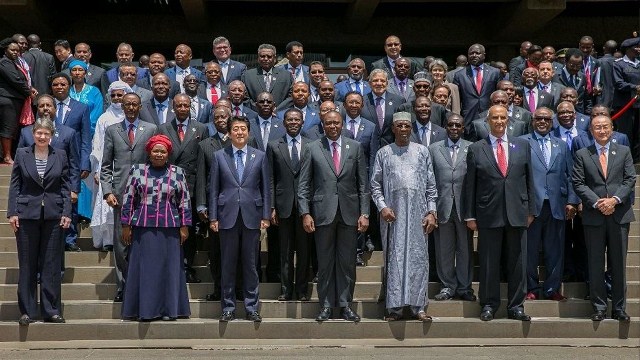 379 cases of sexual violence have been denounced from 2012 to 2014 according to a national project put in place by CIPCRE.
379 cases of sexual violence have been denounced from 2012 to 2014 according to a national project put in place by CIPCRE.
“At the age of 17, my guardian is the father of my two children. All the five years spent in family, the husband of my aunt regularly forced me to have sexual intercourses with him when his wife was on journey or in the farm. At 13 years old, I got pregnant of my first child, he continued to force me to have sex with him and I got a second pregnancy. It was so difficult. I had tearing during the delivery process. Despite this situation, my guardian raped me again, just two weeks after! It was so painful that I could not walk. When I had the courage to tell the truth to my aunt, he ran away and she chased from the house”. This is the story of a young girl age 17 today. She has been one of the numerous victims of sexual violence who confided themselves to the team of CIPCRE known in French as “Cercle International pour la Promotion de la Creation”. The major forms of sexual violences being; sexual abuse and exploitation have been the point of focus of studies and investigations carried out so far by CIPCRE in some targeted regions of Cameroon. The project launched since 2012 is aimed at reinforcing the protection and rehabilitation of children at risk and victims of gender discrimination and sexual violences.
From January 2015 to June 2016, further figures released make mention of the fact that 475 cases of sexual violence on children have been denounced directly to CIPCRE. 36 are less than 7 years old and 100 less than 14; 109 felt pregnant in the course of these happenings; 6 lost their lives; 144 had serious injuries and 49 got sexual transmittable infections or diseases. The figures are alarming as underscored by officials of CIPCRE and therefore there is need to create awareness and by the way intensify fights against such ills. Concerning gender discrimination defined as any distinction, exclusion or restriction founded on the sex which the objective is to prevent a woman or a girl child to enjoy prerogatives which she has the right to. Studies carried out have shown that there is: a differential representation of the girl and the boy in a family; valorisation of the boy to the detriment of the girl child and differential socialisation with regard to the development of esteem and self-confidence.
The new penal code debated and reviewed during the June 2016 session of the parliament has taken into consideration some of the propositions made by CIPCRE in this domain of sexual violence and gender discrimination. The new penal code promulgated by the Head of state has reinforced the repression of gender and sexual violence crimes as well as the protection of children rights.
Although there are no recent statistics on all the forms of violence against women, the results of the Demographic and Health Survey (DHS 2011) show that in Cameroon, more than half of women have suffered physical abuse, (55%) as from the age of 15. From reports and information collected, those crimes are mainly perpetrated by husbands, partners or friends but also by the father’s wife or mother’s husband of the victims. In fact, as outlined by CIPCRE report, it is Mr. “everybody”. According to information released by Denis and Lenora Foretia foundation in one of their numerous studies, there are significant figures that strike attention and need to be considered in order to intensify the fight against such ills. Among women who have experienced marital violence, 43% have had injuries as a result of this violence. Among women who have already had sexual intercourse, 20% did so for the first time against their will, especially those who had the intercourse prior to the age of 15 (30%). Globally, 34% of women aged 15 to 49 have experienced physical violence, 8% have experienced sexual violence and 21% have experienced both physical and sexual violence. Among women who have already been in a union, 60% have experienced physical, sexual or emotional violence from their current or most recent husband. Among women who have experienced marital violence, 43% have had injuries as a result of this violence. Among women who have already had sexual intercourse, 20% did so for the first time against their will, especially those who had the intercourse prior to the age of 15 (30%). Globally, 34% of women aged 15 to 49 have experienced physical violence, 8% have experienced sexual violence and 21% have experienced both physical and sexual violence. Among women who have already been in a union, 60% have experienced physical, sexual or emotional violence from their current or most recent husband.
Sexual and gender based violence remain as ills impeded in the society, this simply due to cultural, social and economic factors. Yet, the fight against these ills in Cameroon continues to be pursued through the engagement of civil society organisations and the government who set up daily strategies that will help to overcome the situation.
By Elise Kenimbeni




